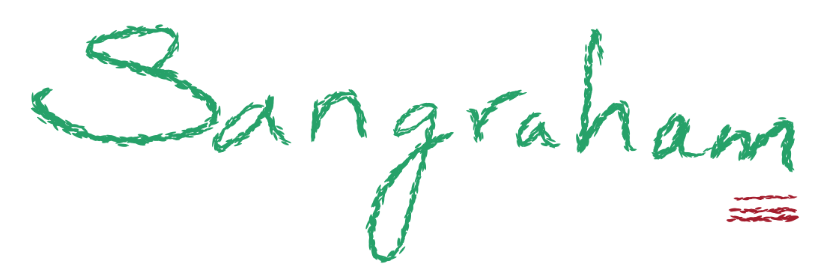

Go: Reflection
Examine, introspect, and modify behavior at runtime.1
“Reflection in computing is the ability of a program to examine its own structure, particularly through types; it’s a form of metaprogramming.”2
package main
import (
"fmt"
"reflect"
)
type User struct {
Name string `validate:"min=2,max=32"`
Email string `validate:"required,email"`
}
func main() {
user := User{
Name: "Radhe",
Email: "radhe@xyz.xyz",
}
t := reflect.TypeOf(user)
fmt.Println("Name:", t.Name())
fmt.Println("Kind:", t.Kind())
// NumField works with struct
for i := 0; i < t.NumField(); i++ {
field := t.Field(i)
tag := field.Tag.Get("validate")
fmt.Printf("%d. %v (%v), tag: '%v'\n", i+1, field.Name, field.Type.Name(), tag)
}
}
Result
Name: User
Kind: struct
1. Name (string), tag: 'min=2,max=32'
2. Email (string), tag: 'required,email'